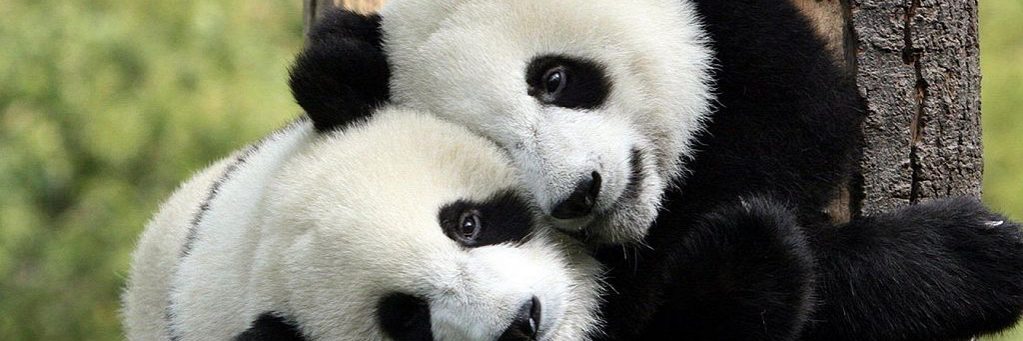A panda swap between Adelaide Zoo and China has been announced this morning. Source: Wikimedia Commons.
China Premier Li Qiang has announced a panda swap between Adelaide Zoo and China in a push for “panda diplomacy”.
For 15 years, panda duo Wang Wang and Fu Ni have called Adelaide Zoo their home as the only species of their kind in the southern hemisphere.
China had originally loaned the pair for 10 years, but extended the deal for another five years, which ends in November.
“[Wang Wang and Fu Ni] will return to China before the end of the year,” Premier Li told reporters this morning, in front of Adelaide Zoo’s panda enclosure.
“We will provide a new pair of equally beautiful, lovely and adorable pandas to the Adelaide Zoo.
“I’m sure they will be loved and taken good care of by the people of Adelaide, South Australia, and Australia.”
Zoos SA chief executive Elaine Bensted said zoo attendance increased by 150,000 people in the first year of the panda duo’s arrival.
“I think there will be a lot of people sad to say farewell to Fu Ni and Wang Wang but then they’ll also share our excitement in welcoming new pandas,” Ms Bensted said.
The panda duo were part of an international breeding program to increase offspring production as giant pandas are notoriously difficult to breed, with a female’s reproductive window only lasting for two or three days in a year.
Unfortunately, Wang Wang and Fu Ni weren’t able to produce any offspring.
“We obviously haven’t had the success that we had hoped for with Fu Ni and Wang Wang. Maybe in the future with these new pandas we will,” said Bensted.
With this new display of panda diplomacy, Premier Li said bilateral relations were “back on track after a period of twists and turns”.
Zoo director Dr Phil Ainsley was excited at the “collaborative partnership” with China, and was proud that the giant panda’s conversation status had improved from “endangered” to “vulnerable”.
Premier Li’s visit to Adelaide Zoo is the first by a Chinese Premier since 2017.
China have also taken steps to build panda diplomacy with the US and other countries in an effort to preserve the panda population.
While many are excited at the efforts for diplomatic relations with China, human rights protestors are not as thrilled.
“While pandas are undeniably adorable and a symbol of wildlife conservation, we cannot let their presence distract us from the serious issues at hand,” said Ted Hui, an Australian lawyer from Hong Kong.
Ramila Chanisheff, President of the Australian Uyghur Tangritagh Women’s Association, said the use of panda diplomacy was diverting attention from other human rights violations China has committed, specifically against the Uyghur people.
“We must not be blinded by their propaganda,” Chanisheff said.
“Our protest is a stand for those who cannot speak for themselves and a reminder that human rights cannot be overshadowed by superficial gestures.”





